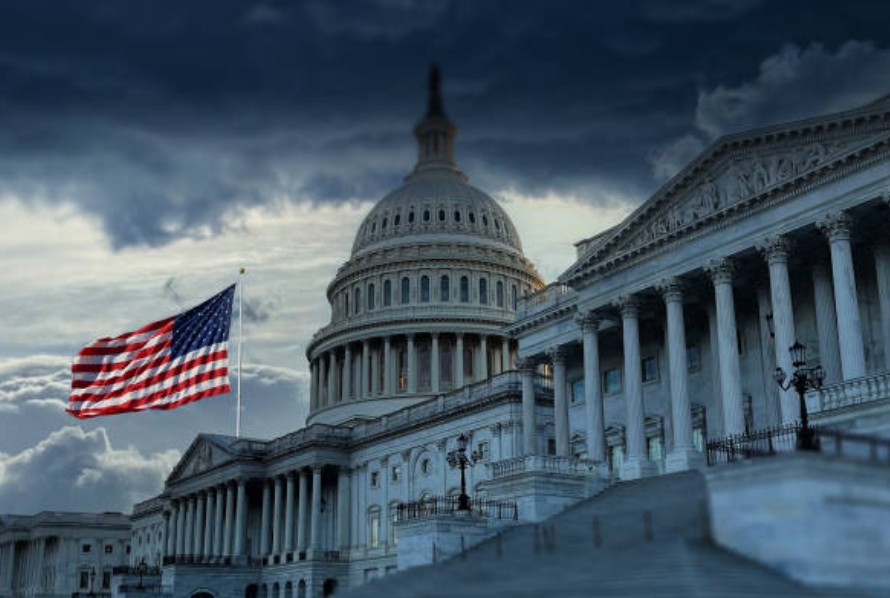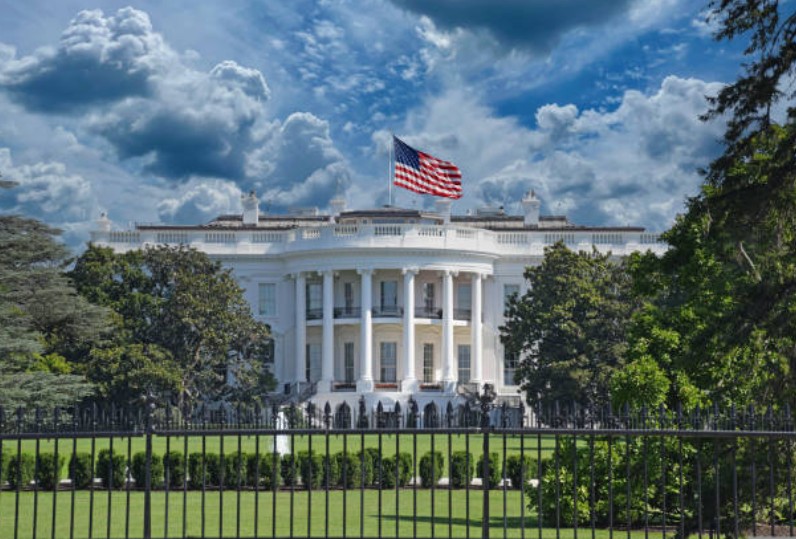In today’s politically charged landscape, the phrase What Does Far Right Mean in UK Politics? Decoding the Term serves as a gateway into understanding the diverse spectrum of ideologies and movements that influence the UK’s political scene. This detailed post delves deep into historical context, modern dynamics, and socio-economic drivers, offering readers an expansive look at how far-right ideologies have evolved and continue to shape political discourse.
What Are the Historical Roots of the Far Right in the UK?
Tracing back decades, far-right ideologies in the UK have deep historical roots, often emerging in response to significant social and economic changes. Historically, far-right movements were primarily characterised by:
- Nationalism: Early movements emphasised national pride and cultural uniqueness.
- Reaction to Immigration: A significant driver was the opposition to immigration, seen as a threat to traditional cultural identities.
- Economic and Social Change: Periods of economic hardship often provided fertile ground for the emergence of far-right rhetoric.
These historical elements laid the foundation for modern iterations that have adapted to new challenges and technological advancements.
What Does Far Right Mean in UK Politics? Decoding the Term
This subheading uses the exact keyword to anchor our exploration. It invites readers to reflect on the precise definition and implications of far-right politics today. Here, we decode the term:
- Definitional Clarity:
The term encompasses ideologies that often advocate for extreme nationalism, strict immigration controls, and a rejection of globalisation, while sometimes employing populist rhetoric. - Contemporary Usage:
In current political debates, the far right is identified not just by its historical context but also by its adaptation to digital platforms and its influence on mainstream policy debates.
Revisiting the core definition establishes a clear framework for understanding the diverse and complex nature of far-right politics in the UK.
How Have Socio-Economic Factors Shaped Far-Right Ideologies?
What Are the Key Socio-Economic Drive?
Economic instability, job insecurity, and rapid cultural transformations often drive individuals toward far-right ideologies. Consider the following points:
- Economic Downturns:
Financial crises can lead to a sense of disenfranchisement, making extremist ideologies more appealing.

- Social Fragmentation:
Rapid demographic changes and cultural shifts can contribute to fears about the loss of national identity. - Regional Disparities:
Certain regions with stagnant economic growth may be more vulnerable to far-right recruitment.
These factors combine to create a social environment where far-right narratives gain traction, offering simplistic solutions to complex issues.
How Do Digital Media and Technology Influence Far-Right Movements?
In What Ways Are Online Platforms Changing the Game?
Digital media has transformed political mobilisation. The far right leverages online platforms to amplify their message, bypassing traditional media channels. Key elements include:
- Social Media Mobilisation:
Platforms such as Twitter, Facebook, and YouTube enable rapid dissemination of propaganda and recruitment messages. - Echo Chambers:
Algorithms create echo chambers that reinforce existing biases, allowing far-right ideologies to flourish unchallenged. - Real-Time Engagement:
Online campaigns can quickly organise protests, rallies, and community events, increasing the visibility of far-right narratives.
These technological advancements not only spread far-right content but also foster communities that reinforce these ideologies.
What Are the Modern Manifestations of Far-Right Politics in the UK?
How Are Contemporary Movements Differentiated?
Modern far-right groups have evolved from their historical origins into more complex organisations. A current overview of key groups is presented in the table below:
| Group/Party | Ideological Focus | Key Issues | Public Reception | Notable Strategies |
| National Identity Front | Nationalism, Anti-immigration, Euroscepticism | Immigration control, Sovereignty | Mixed; support in select regions | Social media mobilisation, local activism |
| UK Patriot Movement | Cultural Preservation, Anti-globalisation | Economic protectionism, National pride | Criticised by mainstream media | Community rallies, targeted online campaigns |
| Traditional Conservatives (Far-Right Faction) | Conservative nationalism, Law and order | National security, Cultural values | Support among older demographics | Traditional media outreach, policy debates |
| New Voice UK | Populist nationalism, Anti-establishment | Government accountability, Cultural change | Growing traction among youth demographics | Digital campaigns, grassroots engagement |
How Do Far-Right Movements Impact Mainstream Politics?
What Influence Do They Have on National Policy?

Although far-right groups often remain on the fringes, their impact on mainstream political debate is significant. Their influence manifests in several ways:
- Policy Adoption:
Mainstream parties may adopt stricter immigration policies and emphasise national identity in response to far-right pressures. - Electoral Shifts:
In some regions, far-right parties have begun capturing local seats, influencing local governance and policy decisions. - Media Representation:
The presence of far-right voices in national discussions forces traditional parties to address issues they might otherwise overlook.
The ripple effects extend beyond mere rhetoric, affecting legislative agendas and public policy formulation.
What Are the Challenges in Combating Far-Right Extremism?
How Can Society Address These Issues?
Combating far-right extremism requires a multi-pronged approach:
- Education and Awareness:
Promoting critical thinking and media literacy helps citizens recognise and counter extremist propaganda. - Community Engagement:
Strengthening community ties and providing platforms for inclusive dialogue can mitigate feelings of disenfranchisement. - Policy Initiatives:
Governments can enact policies addressing economic disparities and promoting social cohesion, reducing the fertile ground for extremist ideologies.
These strategies are essential for curbing the influence of far-right movements and fostering a more balanced political discourse.
What Does the Future Hold for Far-Right Politics in the UK?

What Are the Emerging Trends and Future Prospects?
Looking forward, the evolution of far-right politics in the UK appears set to continue adapting to both technological and socio-economic changes. Several emerging trends are worth noting:
- Increasing Digital Activism:
The reliance on digital platforms is likely to grow, with far-right groups utilising sophisticated online tools for recruitment and propaganda. - Evolving Narratives:
As economic and social challenges persist, far-right narratives might shift to address new issues such as climate change or global economic policies. - Policy Countermeasures:
In response, governments and civil society groups are expected to develop innovative strategies to counter extremist ideologies, including improved digital literacy programmes and stronger community support networks.
This forward-looking perspective adds depth to our understanding of what Does Far Right Mean in UK Politics? Decoding the Term and highlights the importance of proactive measures in managing political extremism.
Concluding Thoughts
Exploring What Does Far Right Mean in UK Politics? Decoding the Term reveals that far-right movements are complex and multifaceted. From their historical origins to their modern manifestations and influence on public policy, these groups continue to reshape the political landscape in the United Kingdom. This comprehensive analysis has expanded on how socio-economic drivers, technological advancements, and emerging trends interact, providing a deeper insight into the subject. As the political environment evolves, it remains crucial to engage in informed dialogue and develop proactive measures to address the challenges posed by far-right extremism in the future.
This enriched perspective aims to empower the UK audience with balanced, informed insights, encouraging well-rounded discussions on the role of far-right ideologies in contemporary politics.
FAQs
What exactly does “far right” signify in the context of UK politics?
A: It refers to a range of political ideologies that emphasise extreme nationalism, anti-immigration stances, and a rejection of globalisation, often employing populist rhetoric to gain support.
How do economic and social changes contribute to the rise of far-right ideologies?
Economic downturns, job insecurities, and rapid cultural shifts can lead to disenfranchisement, which far-right movements exploit by promising a return to traditional values.
What role does digital media play in the spread of far-right ideologies?
Digital platforms enable rapid dissemination of messages, create echo chambers, and facilitate real-time engagement, all of which amplify far-right narratives.
Can far-right movements influence mainstream political policies in the UK?
Yes, even if they are on the political periphery, their influence can be seen in stricter immigration policies, a heightened focus on national identity, and shifts in electoral dynamics.






